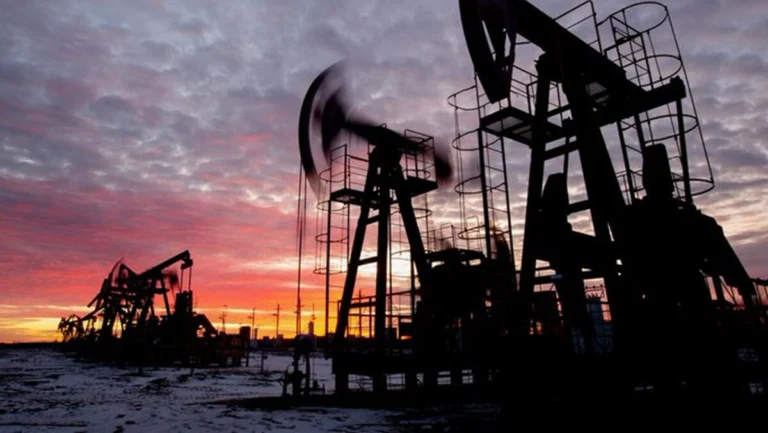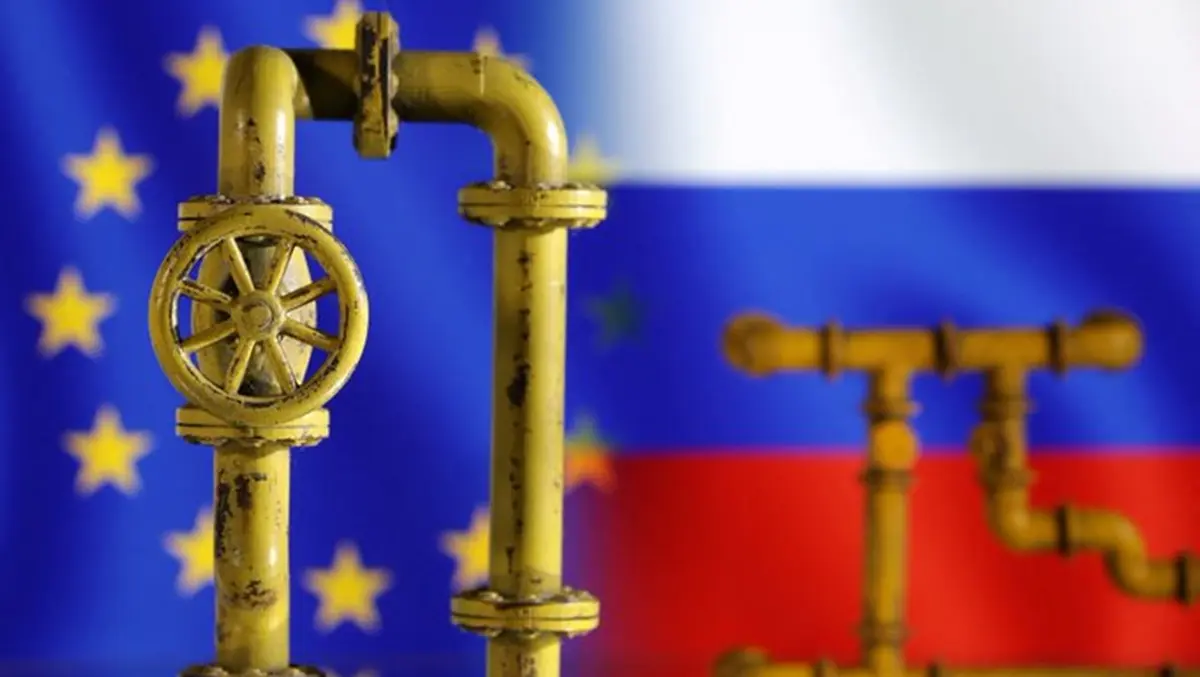Russia Condemns EU’s 18th Sanctions Package as Illegitimate

X/ @CorleoneDon77
July 18, 2025 Hour: 8:12 am
The new sanctions specifically target Russia’s energy and financial sectors, as well as the so-called ‘shadow fleet.’
On Friday, Russian presidential spokesman Dmitry Peskov denounced the European Union’s 18th package of sanctions against his country as illegitimate.
RELATED:
Trump’s Shifting Stance on Russia-Ukraine War Sparks Confusion
“We need to analyze the new package to minimize its consequences. At the same time, of course, we’ve already developed a certain immunity to sanctions and have adapted to life under them,” he said.
Peskov also claimed that the new sanctions package would harm European countries themselves, calling it “a double-edged sword.”
EU member states approved the 18th round of sanctions against Russia on Friday, after the Slovak government lifted a veto it had maintained due to a planned ban on Russian fossil fuel purchases starting in 2028. The new sanctions specifically target Russia’s energy and financial sectors, as well as Moscow’s so-called “shadow fleet.”
“The EU has just approved one of its strongest sanctions packages against Russia to date,” said EU High Representative for Foreign Affairs Kaja Kallas on social media.
The 18th package includes a proposal to lower the price cap on Russian oil from US$60 per barrel and to ban financial transactions involving the Nord Stream gas pipeline, which runs to Germany through the Baltic Sea and is currently non-operational. It also adds 105 more Russian vessels to the EU’s blacklist, bringing the total number of sanctioned ships in Russia’s “ghost fleet” to more than 400.
Additionally, the sanctions expand the ban on financial transactions to 22 more Russian banks, as well as to third-country operators that finance trade with Russia in violation of sanctions. The measures also target the Russian Direct Investment Fund, its subsidiaries, and associated investment projects.
The new sanctions also impose further restrictions on exports to Russia of certain critical technologies and industrial goods, including those used in the production of drones.
Slovakia’s earlier veto, however, stemmed from a separate issue: a European Commission proposal for EU member states to completely stop purchasing fossil fuels from Russia starting in 2028.
Prime Minister Robert Fico’s government had blocked the approval of the package six times, citing the severe impact such a ban would have on Slovakia’s economy, which is heavily reliant on Russian gas. Slovakia ultimately agreed to lift the veto after receiving assurances from Brussels.
“The Slovak government and the Commission have agreed on additional internal guarantees, which does not change our position that we will never support the proposal to halt the flow of Russian gas as of January 2028,” the Slovak prime minister said Friday.
Slovakia had already secured an EU exemption from the ban on spot contracts for landlocked member states, which would allow continued purchases of Russian gas even after the full embargo takes effect.
The country also received a “suspension clause” allowing the ban to be paused if energy security is at risk or prices surge. Still, Slovakia demanded — and continues to demand — a full exemption from the post-2028 ban.
teleSUR/ JF
Source: EFE






